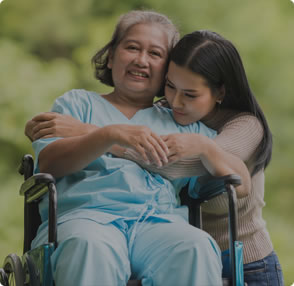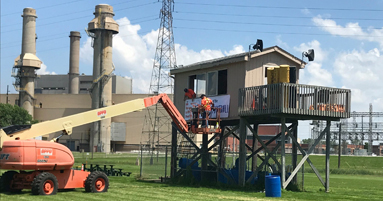Your Place to Find a Job

Construction Jobs

Working with Kids
Career Changers
Mobile App Devs

Top Hospitals

Veterans Wanted

Great Engineering Companies to Work For

Microsoft Stack Jobs

Great Universities

Keep on Truckin
Web Dev Rockstars

Working with the Elderly

WFH Champions

That's Entertainment

Not For Profit

eCommerce Rising Stars

Cloud Champions

Healthcare Heroes
Featured Employers
Explore companies

OPPD Quick Facts PDF Omaha Public Power District provides electricity and related services to more than 335,000 customers in 13 counties in southeastern Nebraska. OPPD also buys and sells electr... More

Lindsay manufactures and markets water management equipment and services including irrigation systems, pump stations, filtration, and M2M controls designed to increase or stabilize crop production whi... More

Conductix-Wampfler: The World Leader in Energy and Data Transmission Systems, Mobile Electrification, and Crane Electrification Solutions. We Keep Your Vital Business Moving! Conductix-Wampfler of... More
Newest Jobs
Browse all jobs

Assistant/Associate Professor for the Department of Pediatric Dentistry

Customer Service Representative - Allentown PA #Hiring #Job

Afterschool Program Support Staff Omaha, NE Omaha Jobs



Provisionally Licensed Mental Health Practitioner


Certified Medical Assistant - Dermatology
Careerlink helped over 1 million people get the career they deserve
Get your dream job now.
Post your resumeI would not be in my current role without Careerlink. After separating from the military and moving to Omaha I tried all of the national online job sites to find a role that fit my unique experience and skill set. Either they provided me roles that did not match my background or my application got lost in the crowd. That was not the case with Careerlink
Bryce JohnsonThe Recommendation Process through Careerlink was simple, quick and made the difference! I believe it was that added edge I needed to not just get an interview, but land the job
Maris KingfisherGet inside our community
Learn. Connect. Explore. Join us for inspiring, innovative events, or keep up with current news and trends.

Turning Your Fans into Fantastic Employees: Introducing Careerlink Connect
In today's fast-paced business environment, finding the right talent is more crucial than ever. But how do you transform the casual visitor to your business into your next star employee? Enter Careerlink Connect, ...
Read on
Careerlink Salutes Veterans with New Features
Careerlink.com Launches New Veteran's Day Features to Boost Veteran Employment in Omaha Omaha, NE – November 9, 2023 – Careerlink.com, Omaha’s premier job-search platform, is excited to unveil ...
Read on
Top 5 Things HR People Never Say
We thought we would share a little bit of humor with you today, so here are a few things we've never heard HR folks say to us: 1. "I met my fiance making a reference check call." 2. "I like to unwind at the ...
Read onAbout Careerlink
Careerlink was founded as part of an Omaha, NE based nonprofit organization to offer jobseekers access to all of the best Omaha jobs. We now offer nationwide jobs on a platform featuring a complete applicant tracking system (ATS), mobile friendly experiences, AI based employee retention solution, innovations in recruiting and staffing, and job opportunities across all 50 States in a variety of industries and skill levels.






If you are finding yourself in a professional world of uncertainty amidst the many health and economic changes our world is going through right now, I recommend you lean into support from your family and friends, check out Careerlink, and know that we are all in this together
Brandi Holys